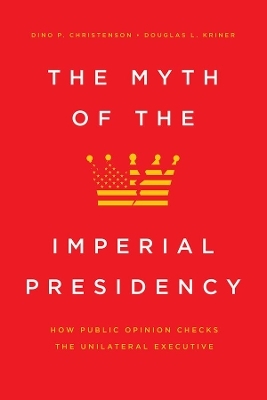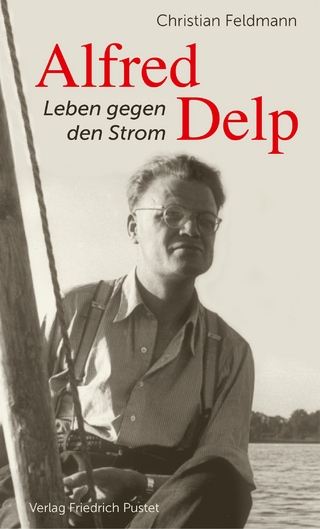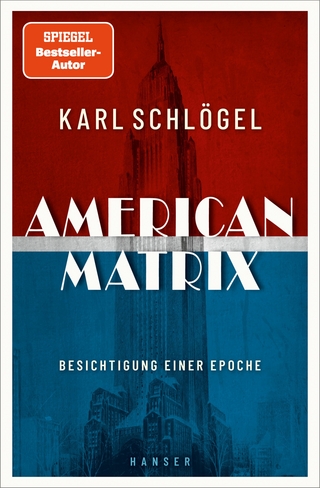
The Myth of the Imperial Presidency
University of Chicago Press (Verlag)
978-0-226-70436-4 (ISBN)
With robust empirical data and compelling case studies, the authors reveal the extent to which domestic public opinion limits executive might. Presidents are emboldened to pursue their own agendas when they enjoy high levels of public support, and constrained when they are down in the polls, as unilateral action could jeopardize future initiatives and render presidents even more politically vulnerable. Although they find little evidence that the public instinctively recoils against the use of unilateral action, Congress and the courts can sway the public's view via their criticism of unilateral policies. Thus, other branches can still check the executive branch through political means. On the whole, as long as presidents are concerned with public opinion, Christenson and Kriner contend that fears of an imperial presidency are overblown. However, a president who responds only to the narrow base and ignores the mass public could pose a unique threat to checks and balances.
Dino P. Christenson is associate professor in the Department of Political Science at Boston University and an institute fellow at the Hariri Institute for Computational Science and Engineering. He is a coauthor of Applied Social Science Methodology. Douglas L. Kriner is the Clinton Rossiter Professor in American Institutions in the Department of Government at Cornell University. He is the author of multiple books, including After the Rubicon, also published by the University of Chicago Press.
Chapter 1: An Imperial Presidency?
Chapter 2: How Americans Think about Unilateral Action Appendix to Chapter 2
Chapter 3: Congressional Pushback in the Public Sphere Appendix to Chapter 3
Chapter 4: Rethinking the Role of the Courts Appendix to Chapter 4
Chapter 5: A Popular Check on Unilateralism Appendix to Chapter 5
Chapter 6: Pathways of Political Constraint
Chapter 7: Democratic Decline?
Notes
References
Index
| Erscheinungsdatum | 14.07.2020 |
|---|---|
| Sprache | englisch |
| Maße | 152 x 229 mm |
| Themenwelt | Geisteswissenschaften ► Geschichte ► Regional- / Ländergeschichte |
| Sozialwissenschaften ► Politik / Verwaltung ► Politische Systeme | |
| Sozialwissenschaften ► Politik / Verwaltung ► Staat / Verwaltung | |
| ISBN-10 | 0-226-70436-X / 022670436X |
| ISBN-13 | 978-0-226-70436-4 / 9780226704364 |
| Zustand | Neuware |
| Haben Sie eine Frage zum Produkt? |
aus dem Bereich


